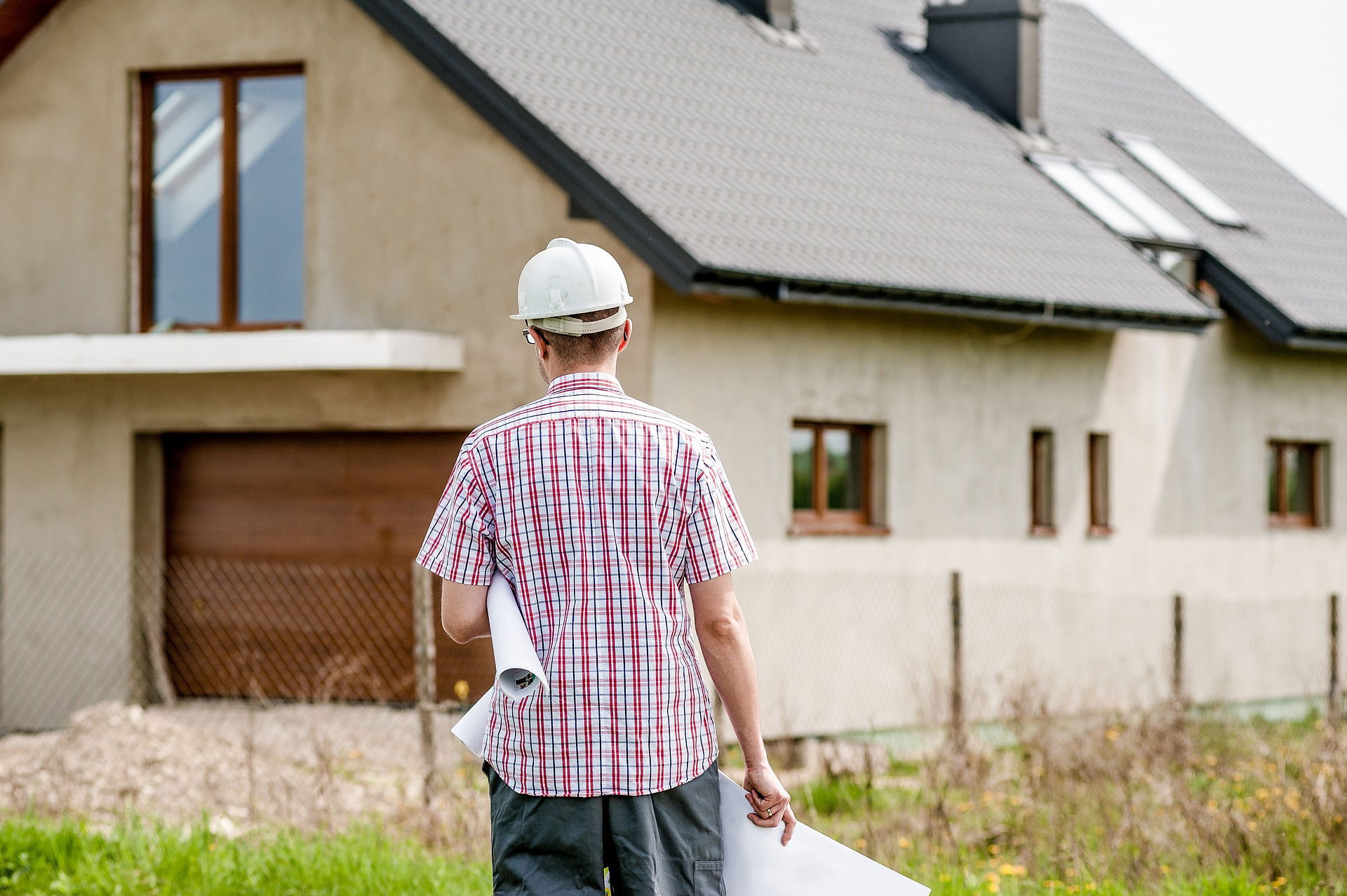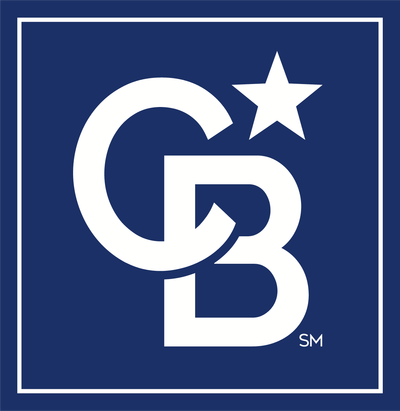Buying Property in Costa Rica- Part 3

Your Real Estate Attorney
Any prospective buyer should consider hiring a Real Estate Attorney rather than a standard attorney.
While any attorney can technically do the job for you, real estate attorneys have intimate knowledge of the real estate process, zoning restrictions, easements, and other common roadblocks that could come into play when buying property in Costa Rica.
An attorney who specializes in real estate will make sure that all the t’s are crossed, and the i’s are dotted. They will generally also have a SUGEF account, which is an approved escrow account, or they will be affiliated with a third party escrow company to safely hold your deposit money.
Some Real Estate Attorneys are registered Notary Publics. If your Real Estate Attorney is also a Notary Public, all the better. This will allow them to register your property with the National Land Registry through a protocolized deed without you having to be present.

Special Power of Attorney
The process of finding and buying a house in Costa Rica can be lengthy, and while the buyers may be in the country when the process starts, they may need to return home before the sale goes through.
Although we now have ways to sign documents online, having a special power of attorney is another way in which buyers can have their legal papers signed when they cannot be there in person.
By signing a special power of attorney, you give your real estate attorney the power to sign on your behalf. This requires a certain amount of trust and brings with it a level of risk.
It is highly recommended that you be at the closing to sign the papers yourself if at all possible.
What is a SUGEF?
SUGEF is a term used to describe an approved escrow account which can be used to safely hold your deposit money during the buying process. (This is also known as a Financial Institution Superintendency.)
A SUGEF account is based in Costa Rica and requires that you comply with the associated local regulations, which are strict. Many North American buyers prefer to use a third-party company such as TLA out of Mexico, or Stewart Title Latin America for their escrow accounts in order to make the banking process easier.
Financing in Costa Rica
Finding financing for the purchase of a home in Costa Rica is difficult.
Not only does the language barrier interfere in the sharing of documents, but Costa Rican banking institutions do not have access to information that would allow them to verify your income or assets for collateral.
If you are a resident, you may be able to show proof of regular bank account balances that you maintain in your Costa Rican bank account, but the process is still lengthy and potentially difficult.
Most foreign buyers who need financing in Costa Rica do so through private lenders or by finding a seller who is willing to offer financing themselves (as many developments do). If this is the case, be prepared for your private lender to charge higher rates than you would find in North America.
If you can do so, it is much less complicated to finance your Costa Rican purchase in your home country where you can easily provide proof of income or assets to use as collateral. While you can withdraw funds from your RRSPs or retirement funds in your home country, transferring large amounts of money from country to country is also difficult due to restrictions put in place to prevent money laundering.
**Finding a seller who is from your home country can simplify the whole process greatly, allowing you to seek financing at home.
As many resale properties are owned by expats, this is more common than you might expect and it allows you to transfer money from one account to another without the funds entering Costa Rica at all. That means the funds are not subject to the restrictions that complicate many home sales.
Wiring Money from Home
Bringing large sums (over $10,000) of money into Costa Rica isn’t easy. As I mentioned earlier, there are restrictions in place to try to prevent money laundering. In order to make it harder for the criminal element the government will make you jump through hoops.
The most you can bring into Costa Rica at one time, without declaring it, is $10,000 US.
Buyers most commonly bring large sums of money into the country (to buy a home, or a car), through an international wire transfer. A transfer generally takes 3-5 business days and deposits money directly into the desired account, whether it is the escrow account, the lawyer’s account, or the seller’s account.
You can also wire money through Western Union or one of the other wire transfer companies, but this will require you to pick up the money at the local office and in small rural communities you may find the local offices just don’t have enough cash on hand to pay you.
*Expect to pay transfer fees, which can vary greatly from company to company, and currency exchange fees if transferring Canadian funds, as banks in Costa Rica deal only in US dollars or the local currency, known as colones.
Carrying More than $10,000 into Costa Rica

If you plan to carry more than $10,000 into the country, the amount must be declared at Customs or it will be seized.
You may be required to show proof that the money is yours, show where it came from, and give a valid reason for why such a large amount is entering the country, so if you plant to do so, it’s best to be prepared with any paperwork necessary (like a purchase agreement/contract, or letter from your lawyer, and a receipt from your bank.
Working With a Real Estate Agent
The first thing to note when looking for a real estate agent in Costa Rica is that the industry is not as highly regulated as it is in North America.
Real estate agents in Costa Rica are not required to obtain any sort of official certification. It is important to vet your real estate agents well to ensure that they are reputable and trustworthy.
Look for an agent who has plenty of experience, maintains a good reputation, and is affiliated with a well-known firm or brokerage.
Ask around, most communities are small and there are plenty of expat resources where you can ask other expats for their recommendations. If they have had a bad experience with an agent, you will hear about it and you can steer clear.

You can also check to see if potential real estate agents belong to any of the local real estate associations. Associations like: National Association of Realtors (NAR), Costa Rican Real Estate Association (CCBR), Costa Rican Guanacaste Association of Real Estate (CRGAR).
The associations help to standardize services and practices within Costa Rica. They also require membership dues, which may weed out fly-by-night agents. Additionally they expect members to abide by a code of conduct and ethics, and employ best practices that will help protect their clients.(The Costa Rican Global Association of Realtors, n.d.)
**It is important to note that there is no country-wide MLS system in Costa Rica, so you must rely in large part on your agent’s willingness to show you all of the listings that match whatever criteria you have given them, and on your own internet research.
Realtors earn a higher commission when you purchase their own listings, so some of them will try to avoid showing you anything else. This is a red flag which may also cause you to miss out on some wonderful listings.
Your Real Estate Agent will be responsible for creating your offer to purchase, so if you do not speak fluent Spanish, it is preferable to find an agent who is bilingual and can translate anything you don’t understand. Real Estate agents expect to receive a commission which is paid upon closing.
Standard Sales Commissions in Costa Rica
The standard sales commission is 3-10% depending on the area and unless otherwise negotiated, is paid by the seller. (The Costa Rican Global Association of Realtors, n.d.)
Closing Costs
Closing costs are usually paid by the buyer, unless otherwise agreed upon. The costs are calculated as a percentage of the property’s value.
Closing costs include the notary and attorney fees, transfer taxes, documentary stamps, and registrations fees.
This will amount to no more than 3-4% of the declared value of the property.(The Costa Rican Global Association of Realtors, n.d.)
Home Inspections
While by no means required, we highly recommend having a home inspection done, particularly if you are purchasing from a distance and/or are unfamiliar with Costa Rican building styles.
This is an added expense (somewhere around the $500 mark), but having one done as part of the discovery process means you can include the repair of some of the larger issues in your offer to purchase, or you can use them as a bargaining tool to lower the selling price.

Either way, it’s always a good idea to know what you are getting yourself into before you commit.
I think that’s enough to think about for one day, so I will leave you here.
Next time we will talk about everyone’s least favourite topic- taxes, as well as HOA fees, utilities, security, and more.
Until then, Pura Vida!
